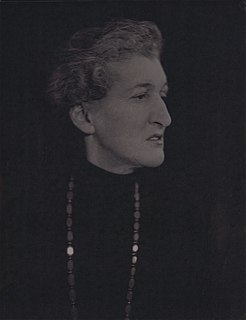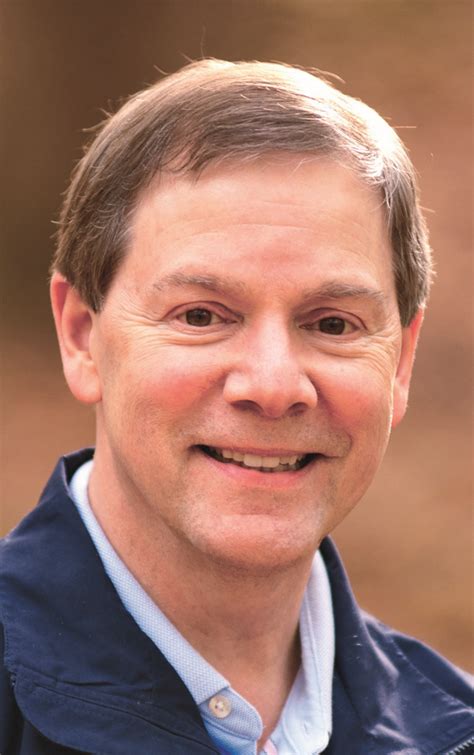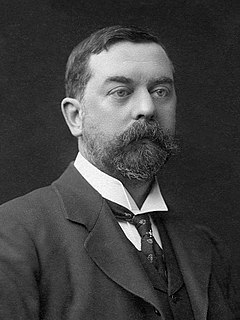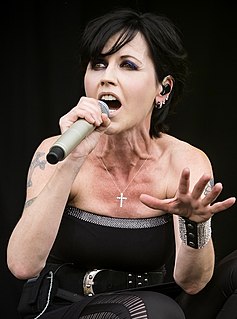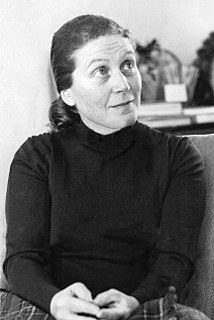A Quote by Margot Asquith
My father's nature turned out no waste product; he had none of that useless stuff in him that lies in heaps near factories. He took his own happiness with him.
Related Quotes
The believer is sensible of his infirmities, for it is supposed that he is wrestling under them. He sees, he feels, that he is not man enough for his work; that his own hands are not sufficient for him, nor his own back for his burden; this is what drives him out of himself to the grace that is in Christ Jesus. And thus he lies open to the help of the Spirit, while proud nature in unbelievers is left helpless.
I would stay away from him and leave him to go his own road where there would be other women, countless other women, who would probably give him as much physical pleasure as he had had with me. I wouldn’t care, or at least I told myself that I wouldn’t care, because none of them would ever own him—own any larger piece of him than I now did.
Jesus is the prime exemplar of life in God's presence. He lived out of an awareness of the identity God had given him, not the identity the world wanted to give him; he led an active, ongoing prayer life; he took time apart from the world to be with his Father; he made his Father's agenda his agenda; he made his Father's love for people evident in tangible ways; and so on. These are all characteristics that we should emulate in our lives.
When the father dies, he writes, the son becomes his own father and his own son. He looks at is son and sees himself in the face of the boy. He imagines what the boy sees when he looks at him and finds himself becoming his own father. Inexplicably, he is moved by this. It is not just the sight of the boy that moves him, not even the thought of standing inside his father, but what he sees in the boy of his own vanished past. It is a nostalgia for his own life that he feels, perhaps, a memory of his own boyhood as a son to his father.
Impressionism' was the name given to a certain form of observation when Monet, not content with using his eyes to see what things were or what they looked like as everybody had done before him, turned his attention to noting what took place on his own retina (as an oculist would test his own vision).
'Impressionism' was the name given to a certain form of observation when Monet, not content with using his eyes to see what things were or what they looked like as everybody had done before him, turned his attention to noting what took place on his own retina (as an oculist would test his own vision).
If [God] has made it a law in the nature of man to pursue his own happiness, He has left him free in the choice of place as well as mode, and we may safely call on the whole body of English jurists to produce the map on which nature has traced for each individual the geographical line which she forbids him to cross in pursuit of happiness.
Or perhaps a widow found him and took him in: brought him an easy chair, changed his sweater every morning, shaved his face until the hair stopped growing, took him faithfully to bed with her every night, whispered sweet nothings into what was left of his ear, laughed with him over black coffee, cried with him over yellowing pictures, talked greenly about having kids of her own, began to miss him before she became sick, left him everything in her will, thought of only him as she died, always knew he was fiction but believed in him anyway.
Moments later a huge male with a cropped mohawk came out. Rehvenge was dressed in a perfectly tailored black suit and had a black cane in his right hand. As he came slowly over to the Brotherhood's table, his patrons parted before him, partly out of respect for his size, partly out of fear from his reputation. Everyone knew who he was and what he was capable of: Rehv was the kind of drug lord who took a personal interest in his livelihood. You crossed him and you turned up diced like something off the Food Channel.
